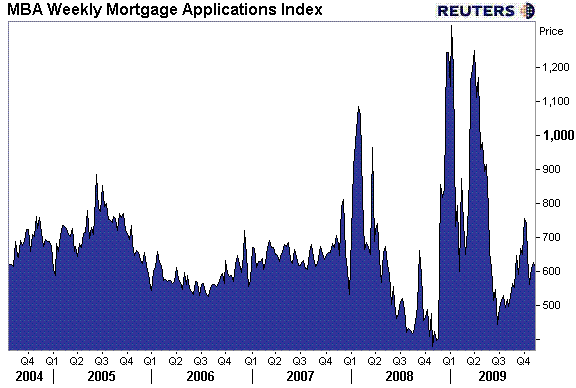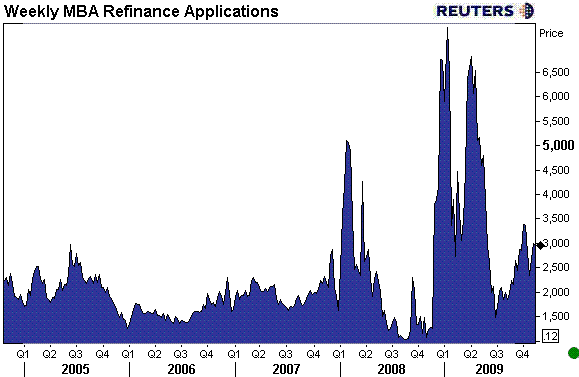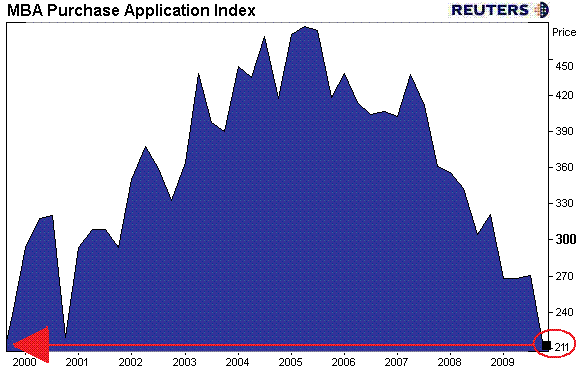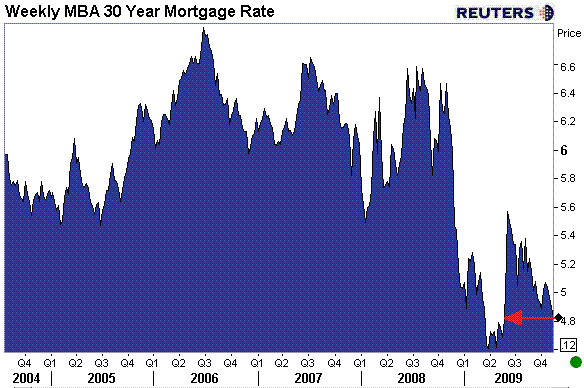Below is from Dr. Oz via www.huffingtonpost.com:
Vice-Chair and Professor of Surgery at Columbia University, author, radio and TV show host
article link here.
Here are my suggested resolutions for 2010: Have more sex, get more sleep, and never let yourself feel hungry. Sound hedonistic? These three resolutions will save and lengthen your life, and they are very realistic and noble goals. New Year's resolutions were never so much fun -- it's all in how you see it. Let's think about it for a minute, shall we?
Like millions of others, you are waking up on New Year's Day with the best of intentions. It's a new year and time for a clean slate. Resolutions come in all shapes and sizes and they are as varied as the people who make them. I get very excited about New Year's resolutions -- not because I have a long list, but because New Year's is a teachable moment. Everyone is looking themselves in the mirror in a rare, private moment of honest reflection. I was being purposely provocative instructing you to have more sex in 2010, but the act of making a resolution isn't flippant or funny -- it's actually sacred. Unlike any other time of year, I can have a heart-to-heart with my family, my friends, my patients, my audience and most importantly myself (I am right there with you!) and decide what needs to be changed for the better. Like all of you, I make a list. And like all of you, each year I fail at a considerable portion of that list. But over time I have seen the success column grow longer than the failure column. You can too.
I believe resolutions are so important that I devoted my show for the entire first week of January to creatively incite a revolution in your resolutions. The first salvo is that changing your life doesn't have to be a painful effort leaving us demoralized and depressed. Food, sex and sleep, three critical components of a healthy life, are a solid starting point for any resolution list.
The most common intention that we wake up with on January first is to lose weight. That's appropriate since a whopping 60 percent of us need to! What if I told you the best way to lose weight is to make sure you never let yourself feel hungry? Sound counterintuitive? It is. But you have a hormone named Ghrelin made in our intestines and stomach that lets you know when it's time to eat. It's the nasty hormone that makes your stomach growl and overwhelms your willpower. If Grhelin starts growling, you are going to overeat and likely eat the wrong foods. You have to always keep your Grhelin levels in check by lightly snacking on nuts, apples or other sensible foods. Keep the lion in its cage by feeling full and you will lose weight because you don't have an uncontrolled urge to overeat.
On our January fourth episode we'll show you exactly how to lose weight, but we will also caution you that your waist size is the better indicator of your health. If you aren't sure whether you need to lose waist, here is an equation you can use: your waist must be half your height or roughly between 32.5 and 37 inches for a woman and between 35 and 40 inches for a man. For years I bet you have focused on the scale. Now, focus on the waist size - it's all in how you see it.
Now, instead of seeing your New Year's resolution as a diet, what if we broke it down into specific steps and played with the language a little bit? For instance: "My New Year's Resolution is to never have anything in the house with these five items listed as the first five ingredients on the label: simple sugars, syrups, enriched flours, saturated fats, or trans fats. If you make your resolution about dumping out the bad food and bringing in the great substitutions that we show you on January fourth, you'll feel you have a bit more control of the situation and you'll forget the D word (Diet! Ahem.) See it differently and it will feel different. For a list of tips, recipes and a 14-day-plan visit www.doctoroz.com.
Still want to hear about that resolution to have more sex? Let's save the best for last and talk about sleep first. I want you to go into your bathroom at home, shut the door and have a conversation with yourself in the mirror. Take a good look at that person staring back at you and tell her that she is worth nurturing with seven hours of sleep per night. I am adamant about this. Sleep is one of the most important and most overlooked health drivers. You simply must give your brain time to re-organize its files and your tissues time to repair themselves. I do understand the pressures of parenting and working - I have four children and I have worked many long hours in the hospital over the years. I empathize with the stress life brings -- and I feel infinitely more prepared to handle it when I am well rested. I have more energy. I think more clearly, my mood is better and my appetite stays in check. The benefits of sleep are too numerous to list and it comes down to a question you've heard me ask before: Are you willing to admit that your life is so far out of your control that you can't get enough sleep each night? If, after proper planning, you aren't able to fall asleep it could signify a serious illness that mandates a consult with your doctor. I want you to stop seeing sleep as a luxury where you can cut corners. It's all in how you see it -- so see it differently and put it on your resolution list!
Now for the other resolution that involves your bedroom: sex. Stop seeing sex as something that is only for younger people or budding romances or those with enough time. I really need you to see this one differently because it's a hugely important part of being healthy. I want you to make a New Year's resolution that you will have sex several times a week with your partner. Believe it or not, that's actually a lot of work for many people out there. It's a lot of work because right now we are in the middle of a sexual famine in America. We simply aren't having enough. Why is this an issue? Because a loving, healthy sexual relationship is an indicator that things are great all over, and a lack of one means the opposite. Sex is an indicator of many things, and if you aren't having it at least once (and ideally more) a week for 30 minutes, it could mean something is dangerously wrong. Physical issues that get in the way of a healthy sex life are depression, heart disease, diabetes, and obesity to name a few. All of these can pose grave threats to your overall health. If none of these factors apply to you but you and your mate still aren't wearing out the lock on the bedroom door then it's time to examine your relationship. Sex is an expression of intimacy and is often a valuable indicator of the health of your relationship. Looking at the reasons you are struck by a sexual famine can be painful, but they will be well worth it, and may just save your life or relationship. So make a resolution to have more sex, and embrace all the obstacles along the way - the outcome will be blissful.
So join me in the resolution revolution - I bet you didn't think that food, sleep and sex could make up such a great resolution list. It's up to you in what order you want to start, and it probably depends what time of day you read this. Tune in the week of January 4 and we can go over each one in more detail. Happy New Year. Now if you'll excuse me, I have a resolution to keep, and I am not saying which one....







































